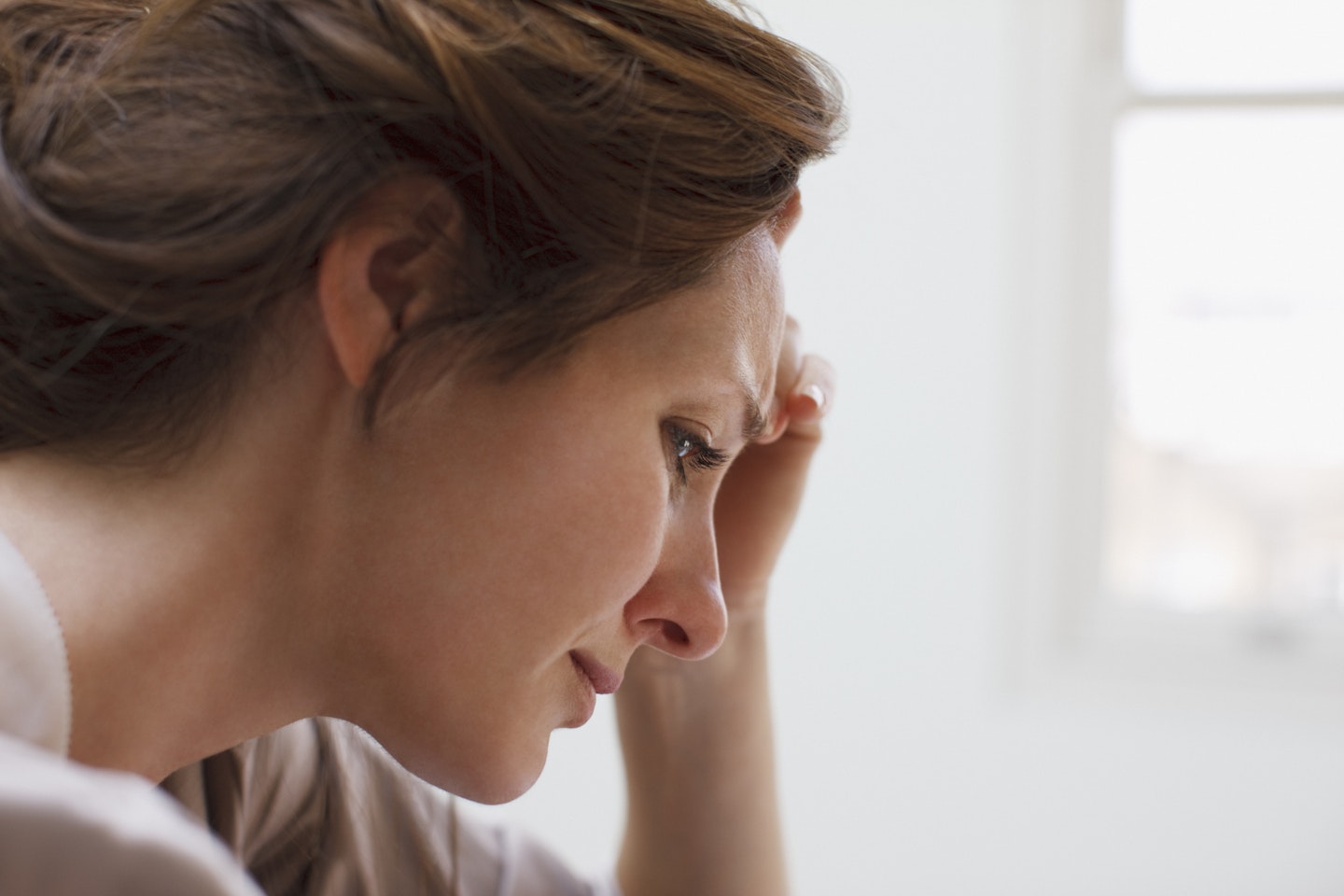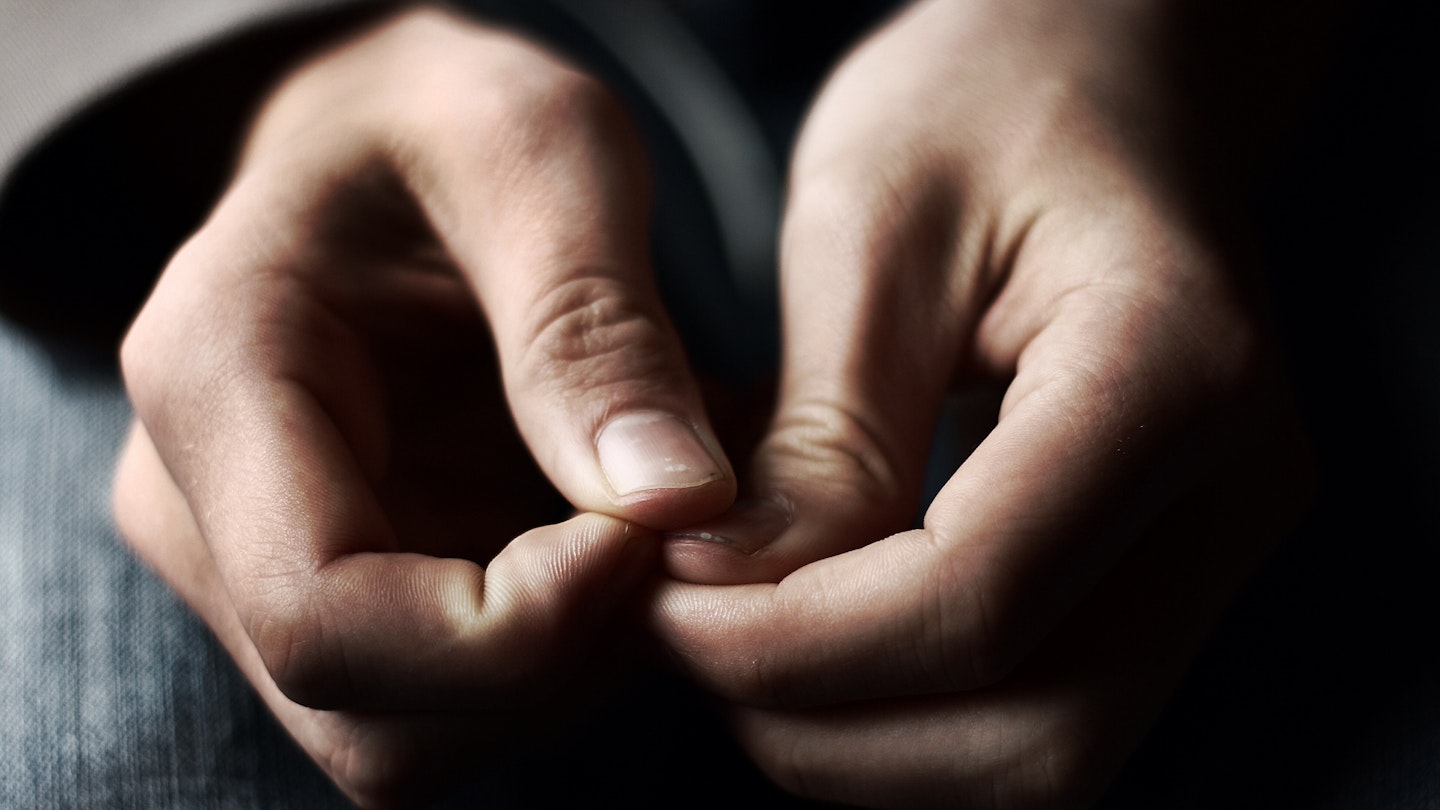The number of people that deal with anxiety issues in the UK is on the rise and there's a huge amount of people who can relate to the causes, symptoms and experiences of anxiety.
Which means it's more crucial than ever before to understand exactly what anxiety is, how it works and ways we can learn to cope and overcome the potentially crippling illness. The topic as a whole can be hugely overwhelming, so let's break it down into more manageable pieces.
Anxiety can weave its way into many aspects of our lives, from challenging our personal relationships, straining our social lives and cutting our chances of getting ahead at work.
On top of all of this, the feelings that anxiety can generate always make for a horrible experience.
Here's everything you need to know about it, in a bid to help you to work towards a happier, calmer, more confident you.
What is anxiety?
Anxiety is a feeling that combines a sense of unease, worry and fear. While in some situations it is perfectly normal to feel anxious – ahead of an exam, before a first date, in a job interview – in other circumstances these emotions can be totally out of the blue and, to an outsider, irrational. Tasks that other people may not think twice about, such as small talk with a shop assistant, may seem daunting to someone who identifies as anxious.
For anxiety sufferers, feelings of fear or worry can be set off by anything - and they can escalate into a knock-on effect of worry and negativity.
Charity Anxiety UK's Chief Executive, Nicky Lidbetter, explained, "Anxiety, in its purest form, is the body’s natural, normal response to danger or stress. It is our 'fight or flight' response. Anxiety manifests itself in so many individual ways triggered by many different stimuli.
“Anxiety can make a person imagine that things in their life are worse than they really are. Anxiety can present itself psychologically, behaviourally or physically or both with or without an obvious trigger.”
Experts at Health and Wellbeing subscription service Make Your Switch say, “The main problem with anxiety is that once you feel anxious about a situation, event or person, your thought process creates a state of anxiety that ruminates on the problem – thus aggravating matters further.
"This creates a vicious cycle that is difficult to break.”
What are the symptoms of anxiety disorder?
Anxiety disorder is when that sense of fear and anxiety - which is usually out of the ordinary - becomes an everyday occurrence and state of being.
Nicky explains, "When a person lives with anxiety and it begins to impact negatively on their day-to-day life we strongly suggest that they seek support and advice. It is important to understand that each individual person will have a different threshold on what is ‘normal’ to them or what has become problematic.
"Usually if you have been feeling anxious for 2 or more weeks it is advised to seek advice or information but in reality, we would encourage anybody to get in touch if they had concerns about any level of anxiety.
"Similarly at the point when anxiety starts to impact negatively on functioning and ability to undertake daily tasks, then this is also a sign that help and treatment should be sought."
Sufferers of anxiety disorder can experience:
• Excessive sense of worry and fear
• Problems sleeping
• Fear of situations most around you would consider irrational
• Stiffness and tension in the body
• Extreme shyness
• Extreme feelings of self consciousness
• Regular feelings of nausea
• Suffering panic attacks
We've also found more information on sussing out if you suffer from an anxiety disorder.
What are the causes of anxiety?
Feelings of anxiety can stem from a wide range of things, and mutiple factors can contribute towards developing anxiety disorder, such as:
What is an anxiety / panic attack? How does it feel?
An anxiety or panic attack is a sudden intense and overwhelming sense of fear and panic, and can happen from reasons that appear unknown to an outsider. While people with anxiety disorders may experience them frequently, any one can randomly become victim to panic attacks.
Panic attacks are accompanied by visible physical symptoms, as well as emotional ones.
What are the symptoms of a panic/anxiety attack?
· Struggling to catch your breath
· Trembling and shaking uncontrollably
· A choking sensation
· Nausea
· A feeling that you may pass out
· Cramps around your chest
· Tingling fingers
· Tinnitus (ringing in your ears)
Usually you will recognise that you are having a panic attack as you will start experiencing some of the above symptoms and, whilst they will be difficult to cope with they will be temporary, in nature.
Essentially during this experience your body is entering the fight/flight response.
As you feel that you are struggling to breathe, you will try to take in as much oxygen as possible and this will actually cause you to over produce adrenaline that leads to you tensing up and makes your heart beat faster.
We've got some times on what to do during a panic attack.

How to reduce, manage and relieve anxiety
Although sufferers may feel as if they are in despair, it's important to recognise this condition can be treated and managed.
Nicky says, "Support options available include talking therapies such as CBT, Clinical Hypnotherapy and Counselling; all of which are available through AnxietyUK."
However seeking counselling isn't to only way to overcome anxiety disorder, and there and many things you can do yourself to help you get started.
Try:
There's also food that can help calm anxiety.
Can medication help with anxiety?
If you feel your anxiety is spiralling beyond you control and seeping into daily life, it's recommended you seek treatment to help.
Make Your Switch recommend, "If you are becoming severely anxious on a daily basis, and finding it difficult to cope, you may need medication.
"Don’t be afraid of this; the medication can be temporary whilst you work on beating the anxiety. Medication for anxiety now is non-addictive and effective. It is important you combine this with some structured therapy to break the negative cycle of emotions."
How can anxiety sufferers seek help?
The first step would be to speak to your GP about how you're feeling and the experiences you're having.
It's at these times a diary (recording your most anxious moments and panic attacks) may prove handy.
They will hopefully refer you to the right person who can help.
Also visiting charities like Anxiety UKwill help.
They state, "Anxiety UK is a user led organisation that can provide practical advice and support as well as access to a range of therapies available across the country at reduced rates.
"Anxiety UK also offers access to peer support via a Members Pen Pal Scheme and other benefits such as a free subscription to the mindfulness app, Headspace."
Useful websites, telephone numbers and email address for seeking help with anxiety issues:
Websites:
Hotlines:
Anxiety UK: 08444 775 774
Mind: 0300 123 3393
No Panic: 0844 967 4848
Also read...
Everything you need to know about stress - and how to manage it
Suffer from anxiety and panic attacks? Then you need to see these amazing images...
